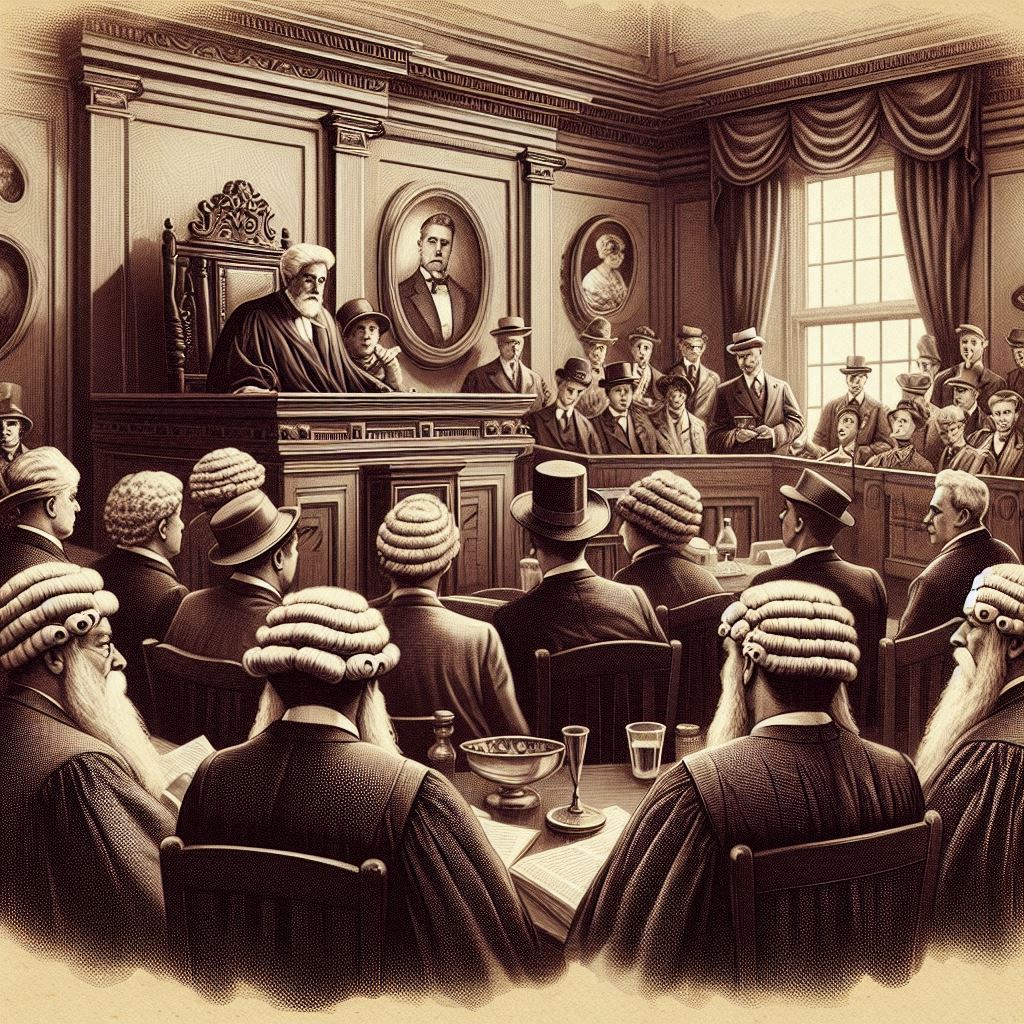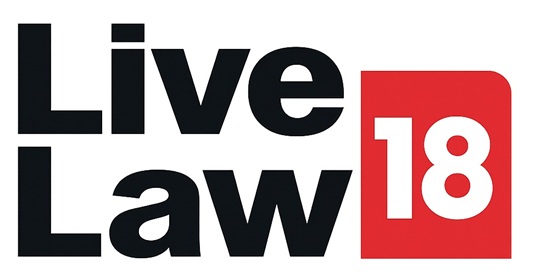United States v. E. C. Knight Co. (156 U.S. 1, 1895), known as the “Sugar Trust Case,” was a landmark Supreme Court decision that greatly restricted the federal government’s ability to enforce antitrust laws under the Sherman Antitrust Act. Chief Justice Melville Fuller’s majority opinion concluded that Congress could not regulate manufacturing, leaving the states with the exclusive power to address manufacturing monopolies. While this case has never been overturned, subsequent rulings such as Swift & Co. v. United States have allowed Congress to regulate manufacturing when it impacts interstate commerce.
Facts of the case:
In 1892, the American Sugar Refining Company took control of the E. C. Knight Company and several other companies, creating a 98% monopoly in the American sugar refining industry. During President Grover Cleveland’s second term (1893–1897), the national government, under his direction, sued the Knight Company under the Sherman Antitrust Act to prevent the acquisition. The central question before the Court was whether the Sherman Antitrust Act could suppress a monopoly in the manufacture of a good, in addition to its distribution.
Judgement:
In an 8–1 decision on January 21, 1895, written by Chief Justice Melville Weston Fuller, the Supreme Court ruled against the government in United States v. E. C. Knight Co. Justice John Marshall Harlan dissented. The Court acknowledged that the transaction created a monopoly in the manufacture of a vital product but concluded it could not be suppressed under the Sherman Act. They deemed manufacturing (specifically refining) as a local activity, not within the scope of congressional regulation of interstate commerce.
Fuller stated that commerce falls under U.S. jurisdiction, while manufacturing falls under state police power. Although controlling manufacturing affects commerce, it does so only indirectly. Therefore, any action against manufacturing monopolies had to be taken by individual states. This ruling remained until the late 1930s, when the Court adopted a broader interpretation of the federal government’s regulatory power.
In his dissent, Harlan argued that the autonomy of states could not justify denying national power to address such emergencies. He maintained that the Constitution grants Congress the authority to enact laws necessary and proper for regulating commerce, citing McCulloch v. Maryland.

